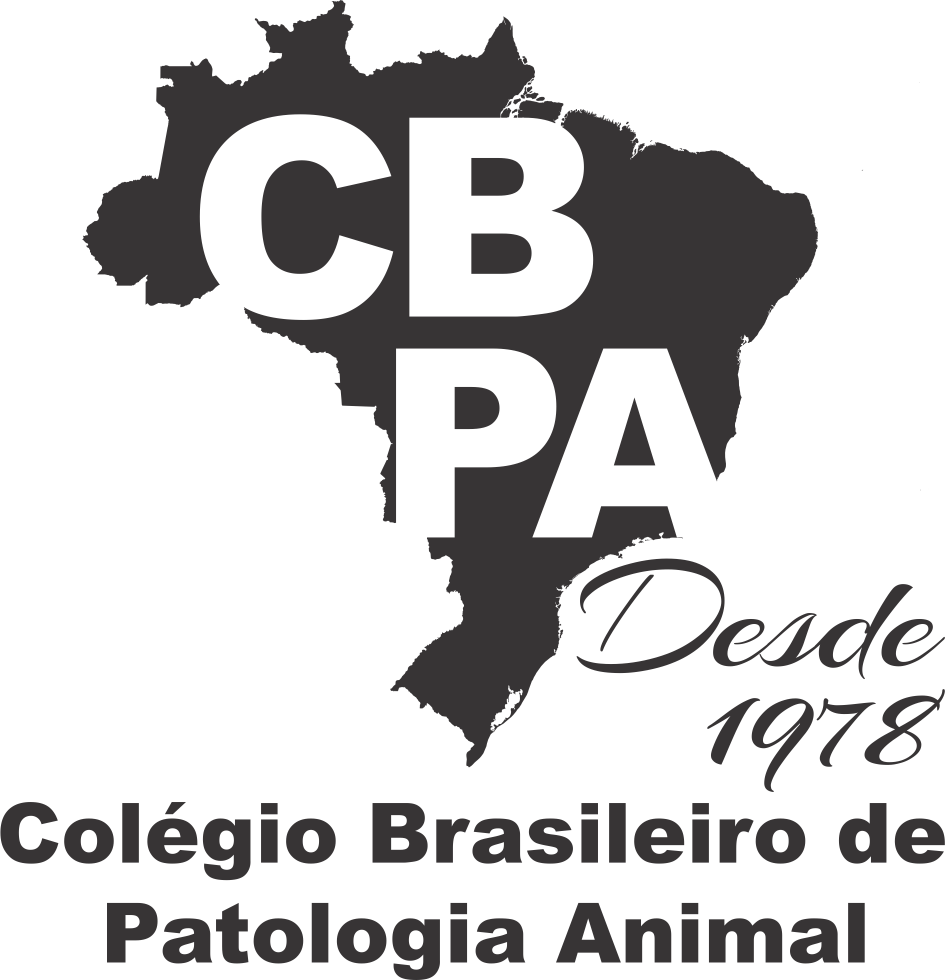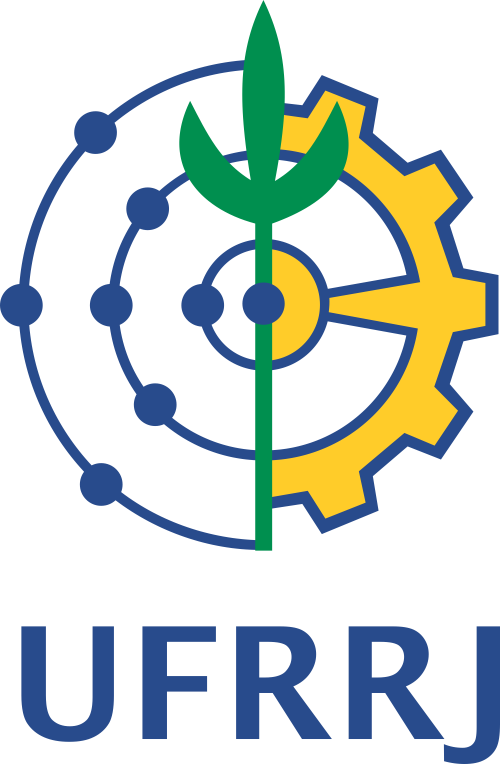Resultado da pesquisa (1)
Termo utilizado na pesquisa Ribeiro K.R.
#1 - Detection of feline panleukopenia virus (Carnivore protoparvovirus 1) in free-ranging Panthera onca in Brazil
Abstract in English:
The decline in the jaguar population confirms how much the species is vulnerable to extinction in Brazil. It also indicates the degradation of its natural habitat’s environmental integrity and quality. Studies claim that large felids are susceptible to feline panleukopenia virus (FPV) and are presumptively diagnosed clinically in Brazil. A free-living jaguar (Panthera onca) cub was found unconscious and rescued due to a possible hit-and-run in the savannah of Mato Grosso. During recovery, it exhibited clinical and hematological signs consistent with FPV infection. The PCR was positive for FPV, with 99.61% identity between the FPV sequences available in the GenBank database through the BLAST tool. Due to habitat restrictions, certain diseases threaten wild cats and habitat encroachment by domestic animals can alter the pattern of spread of pathogens. We highlight the importance of the molecular diagnosis and phylogenetic analysis of FPV to elucidate how it has reached wild felids.
Abstract in Portuguese:
O declínio da população de onça-pintada confirma o quanto a espécie está vulnerável à extinção no Brasil, indicando também a degradação da integridade ambiental e da qualidade de seu habitat natural. Estudos afirmam que felinos de grande porte são suscetíveis ao vírus da panleucopenia felina (FPV) e são diagnosticados clinicamente de forma presuntiva no Brasil. Um filhote de onça-pintada (Panthera onca) de vida livre foi encontrado inconsciente e resgatado devido a um possível atropelamento no cerrado do Mato Grosso. Durante a recuperação, apresentou sinais clínicos e hematológicos compatíveis com infecção por FPV. A PCR foi positiva para FPV, com 99,61% de identidade entre as sequências de FPV disponíveis no banco de dados GenBank por meio da ferramenta BLAST. Devido a restrições de habitat, certas doenças ameaçam felinos selvagens e a invasão de habitat por animais domésticos pode alterar o padrão de propagação de patógenos. Destacamos a importância do diagnóstico molecular e da análise filogenética do FPV para elucidar como ele atinge os felídeos silvestres.









